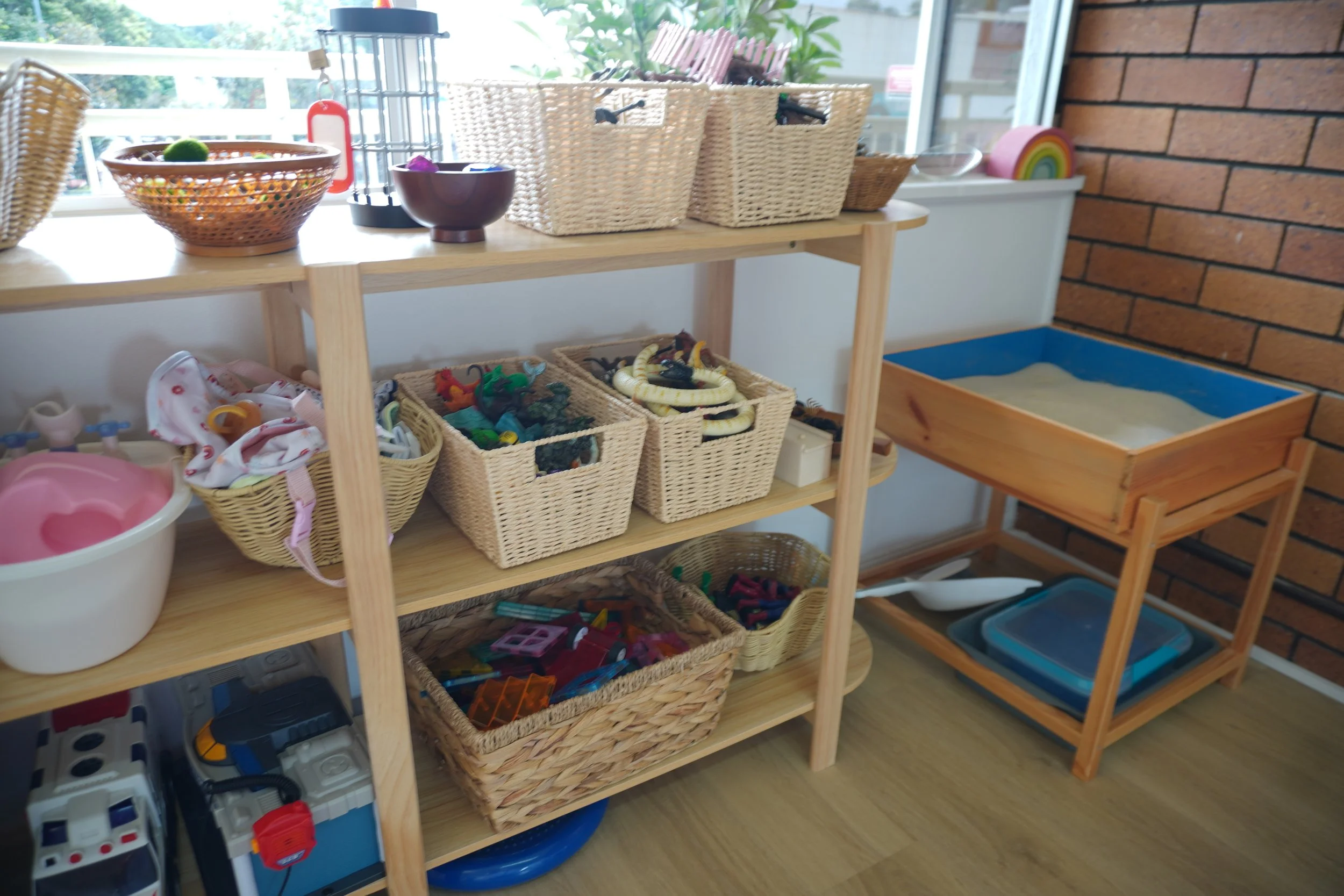
Because beneath every behaviour, there’s a story.
Growing Us Play Therapy is currently accepting new clients (ages 3-10) to our Nambour clinic, Sunshine Coast.
FINALLY:
Therapy that speaks your child’s language.
If you have little ones in your life, you know: kids aren’t mini-adults. Their brains are still developing. They live in their hearts, not their heads. Which means sitting still and “talking it out,” like adults do, isn’t always possible.
You’re looking for a mental health intervention that is strengths-based and makes sense for your child’s brain and stage of development. Something that meets them in their world, and honours their innate ability to heal and grow using their natural language: PLAY. Because you understand, intuitively and intellectually, that play is a child’s first language. It’s how they express themselves and make sense of their inner and outer worlds.
And? You want a Play Therapist who’s not only highly qualified, but who truly gets it. Someone who sees beneath the behaviour to the heart of what’s going on. Who holds space with deep empathy and zero judgement, for them AND for you. Someone who helps your child feel safe, free, confident and completely accepted.
Just 👏 as 👏 they 👏 are.
When kids can’t say it, they play it.
Play Therapy is a specialised form of psychotherapy designed for children (aged 3-10), backed by research and delivered by tertiary trained professionals under regular clinical supervision.
In Child-Centred Play Therapy, the child leads, using toys, art, and storytelling as symbolic tools to express what they want or need, what they have experienced, their reactions to what was experienced, and how they see themselves (Landreth, 2012). Play provides safe distancing from intense or complex emotions that may cause them to feel overwhelmed and unable to “talk” it out, as often used in other forms of therapy.
The therapist uses their attunement and responses to be an “external regulator” and a “translator” for the child, helping them feel deeply safe, seen, soothed, understood and empowered. Over time, this process helps children grow in confidence, resilience, and emotional intelligence. Just as importantly, the therapist works with caregivers to support their understanding of their child’s inner world.
Who is Play Therapy for?
In Play Therapy, children can process difficult life experiences and work through a range of social, emotional and behavioural challenges.
-
Changes like starting a new school, moving house, welcoming a new sibling, or experiencing family separation can be challenging for children. Play Therapy gives them a safe and supportive space to process these transitions. Through symbolic play, children explore their worries, make sense of what’s happening, and regain a sense of stability and control.
-
Big worries, fears, phobias, and persistent sadness can be hard for children to put into words. In Play Therapy, children have the freedom to explore the root cause of their anxiety, at their own pace and in their own way. Over time, they develop a stronger sense of inner security, emotional regulation, and self-trust.
-
For children who experience self-doubt, harsh self-talk, or low confidence, Play Therapy offers a space where they can feel seen, accepted, and valued just as they are. Within the safety of the therapeutic relationship, children begin to experience themselves as capable, worthy, and resilient, building a stronger, more positive sense of self from the inside out.
-
When children are struggling with friendships, peer dynamics, or classroom expectations, Play Therapy can help build emotional and social confidence. Through the therapeutic relationship and their play, children develop skills like turn-taking, empathy, self-expression, and problem-solving… all of which support smoother interactions with others and more success in group settings.
-
Outbursts, defiance, and big emotional reactions are often a child’s way of saying “I don’t know how to cope with what I’m feeling.” In Play Therapy, children are supported to safely express the intense feelings driving their behaviour, such as frustration, fear, or powerlessness. Over time, they build emotional awareness and learn more adaptive ways to manage strong emotions.
-
Medical procedures and hospital visits can leave children feeling scared, confused, or out of control. In Play Therapy, children can revisit these experiences through medical play — exploring them at their own pace, making sense of what happened, and restoring a sense of control. This process can help reduce medical-related anxiety and empower children to feel safer in their bodies and in healthcare settings.
-
Whether a child is grieving the loss of a loved one, pet, or a significant relationship or experience, Play Therapy offers a safe space to express the many feelings that grief can bring. As a trauma-informed approach, Play Therapy also supports children who’ve experienced distressing events — helping them feel safe, regain a sense of control, and gently integrate what’s happened without having to talk before they’re ready.
-
Play Therapy meets each child exactly where they are, with respect for their unique sensory, social, cognitive, and emotional way of being in the world. It’s especially supportive for children who are neurodivergent or living with a disability, including Autism, ADHD, intellectual disability, OCD, sensory processing differences, situational mutism, Tourette syndrome, and those who are twice-exceptional. Because play is a natural and universal language for children, Play Therapy offers a safe and accessible model that honours every child’s strengths and unique way of being.
If you’re ready to…
Support your child with a strengths-based approach
Understand what may be beneath their behaviour
Welcome more peace and playfulness into daily life
Where do we go from here?
Start by filling out a Referral Form. This gives me a sense of what kind of support you are looking for and how I might be able to help.
#1: Refer your child
This is a free 15-min phone call to discuss your family's needs and get a sense of whether we might be the right therapeutic fit.
#2: Have a Discovery Call
Sessions generally occur weekly or fortnightly for 45 minutes. Every 5-6 sessions, we catch up to discuss your child’s progress.
#3: Grow together in play
How do we know it works?
Research conducted into the effectiveness of Play Therapy shows just how powerful this approach is for bringing about change. Meta-analyses of over 200 Play Therapy studies showed significant reductions in common childhood mental health issues including impulsivity, anxiety, depression, social issues and academic issues.
Research has also found that the overall treatment effect of Play Therapy ranges from moderate to highly positive. A medium to large effect size indicates that Play Therapy has a clinically relevant effect.





